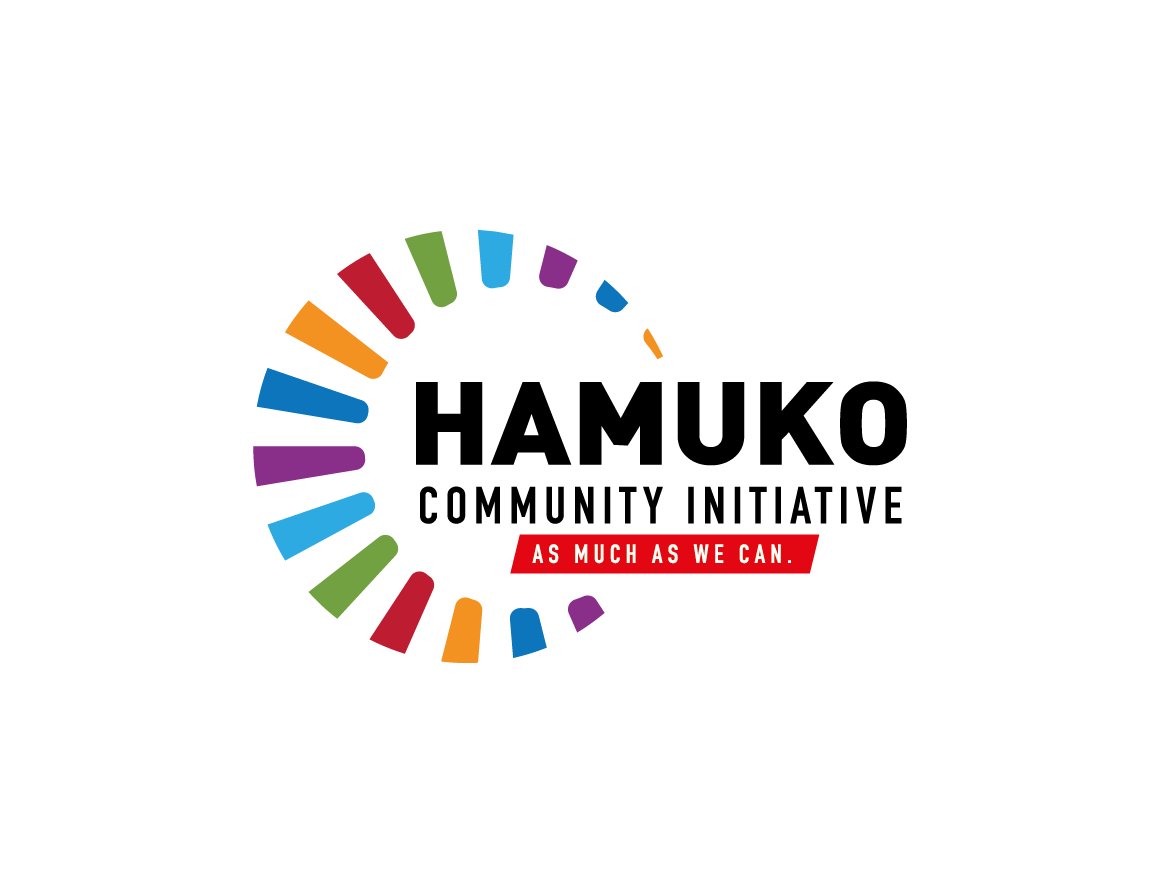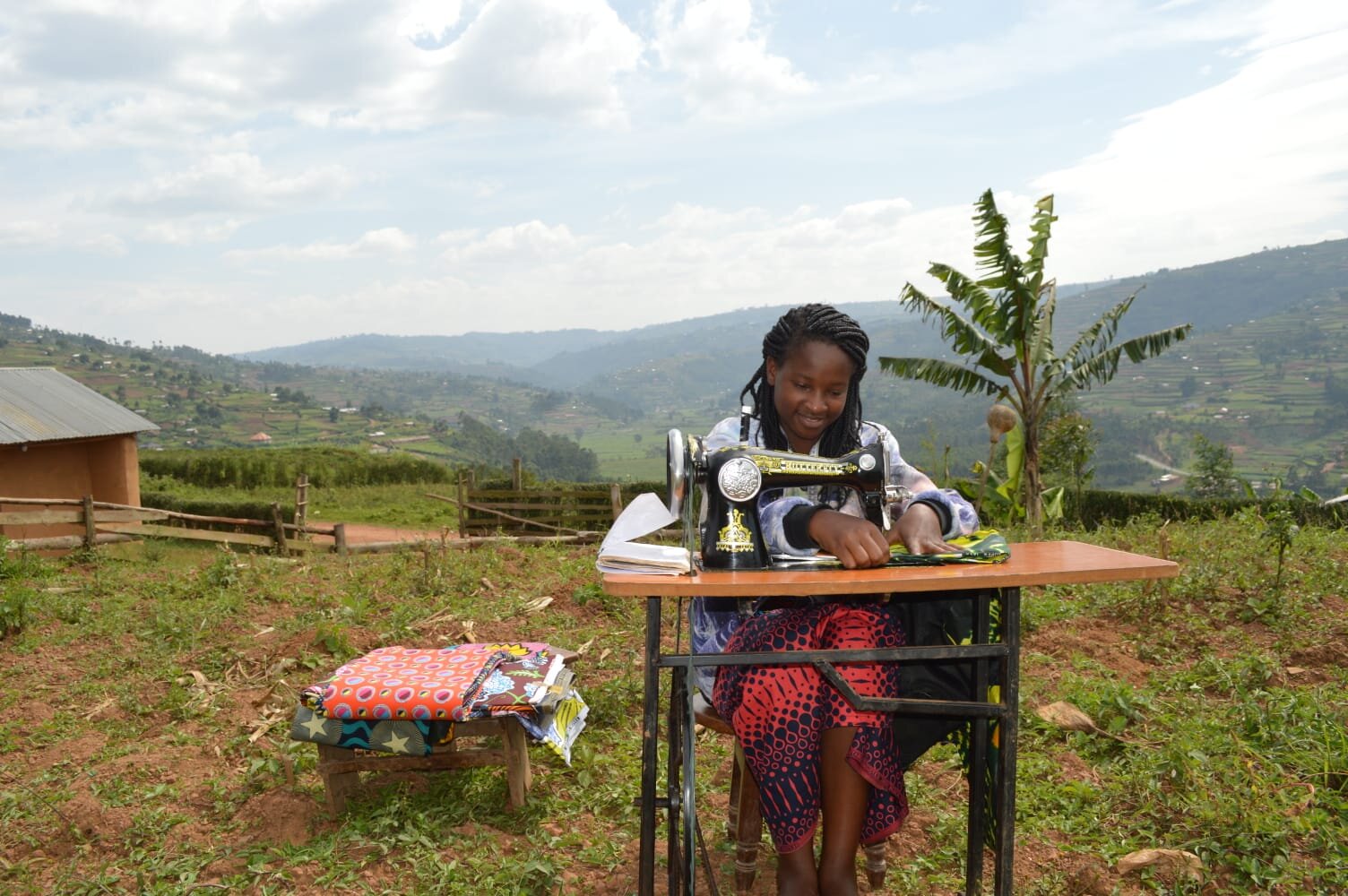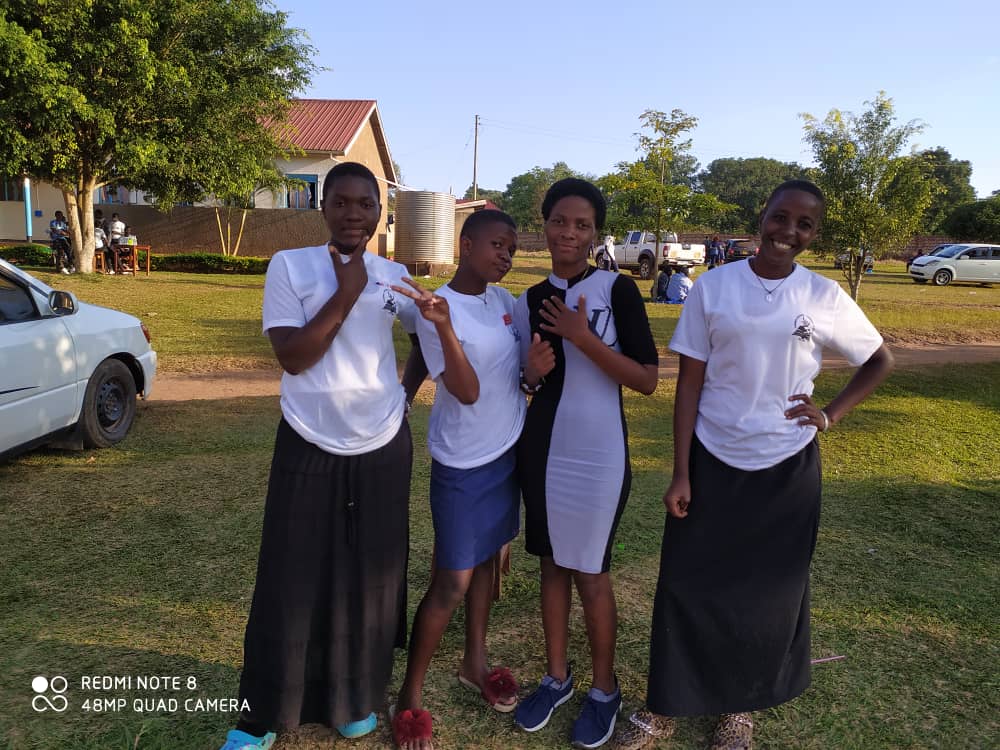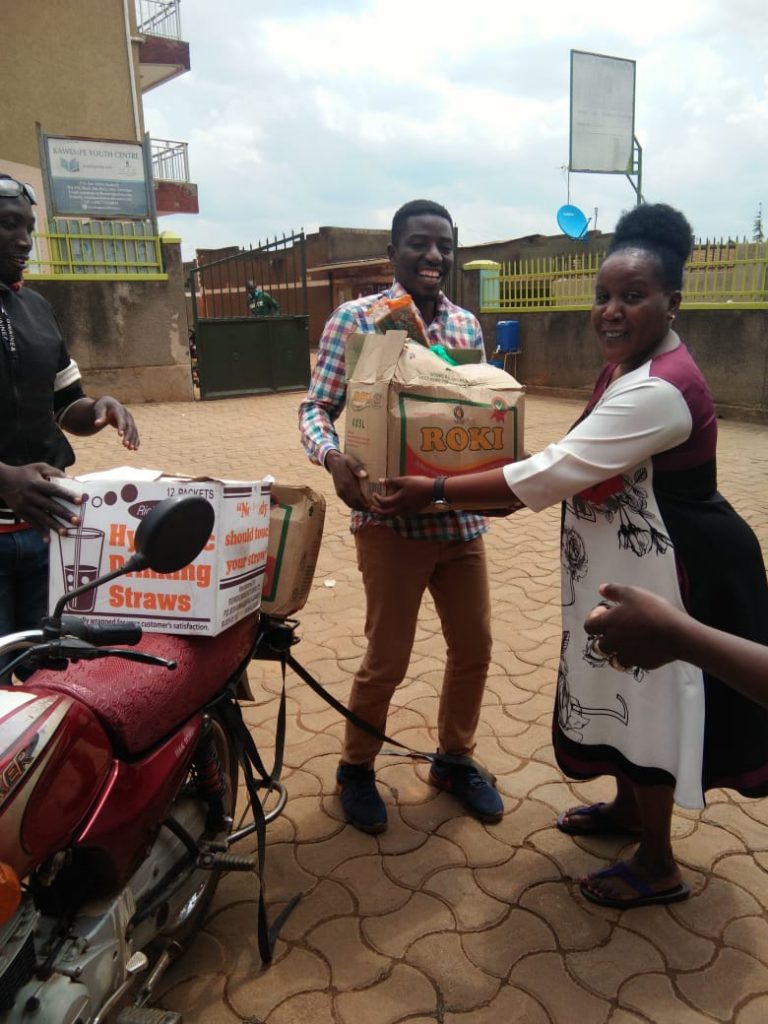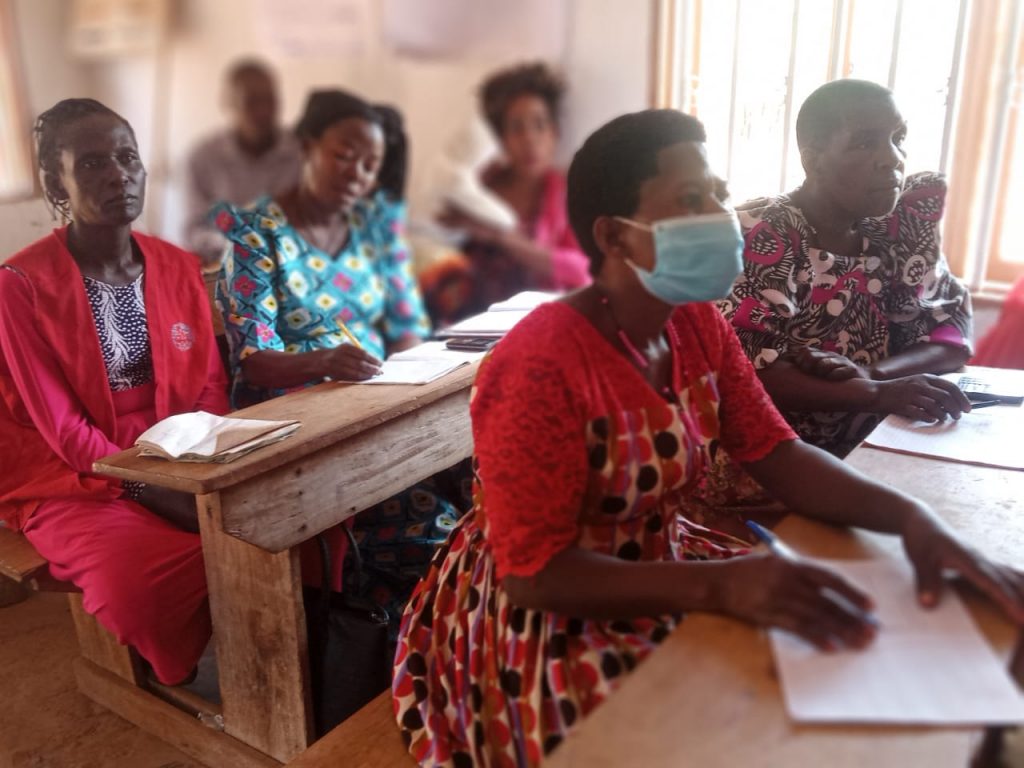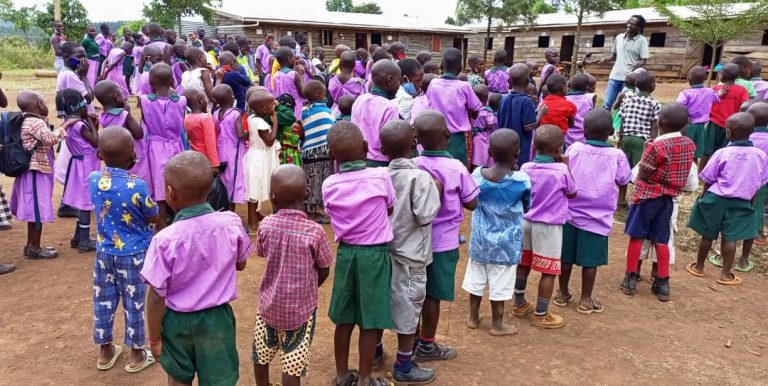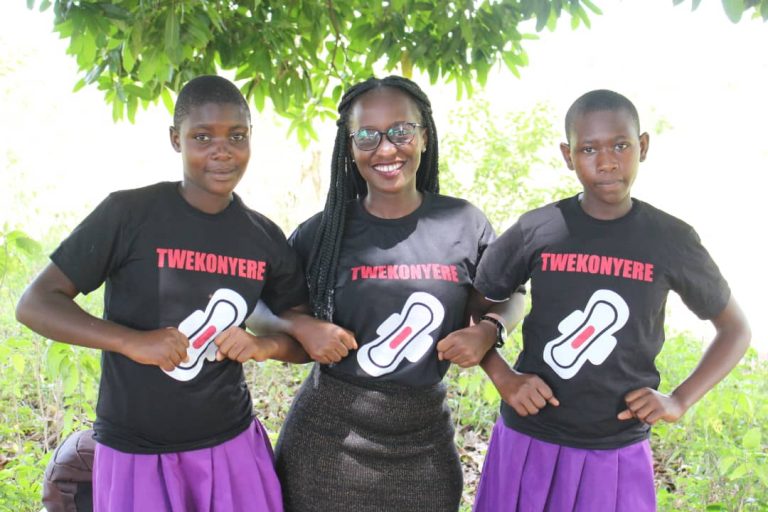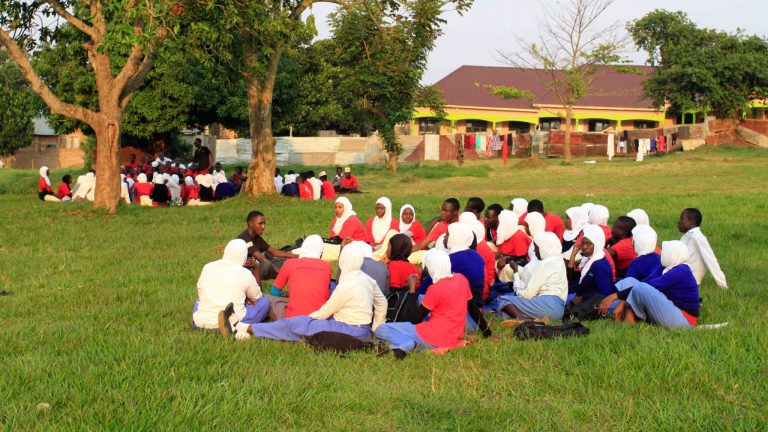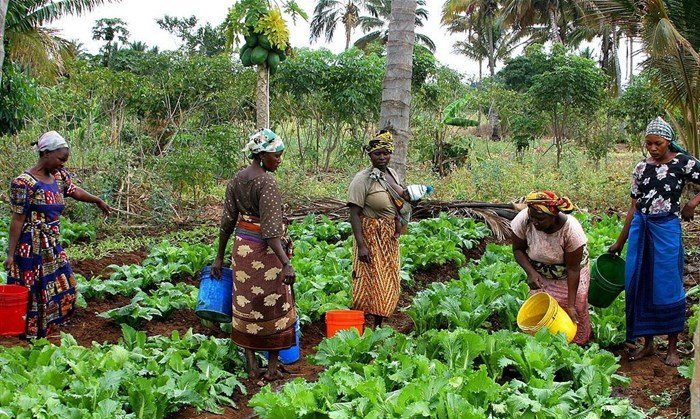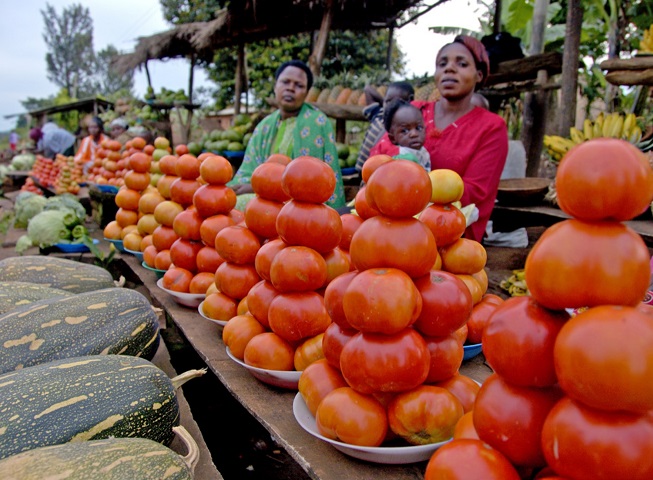elevating the Dignity of women in rural uganda
Hamuko Community Initiative fight for food security & livelihood programs help women overcome decades of civil war and domestic abuse
Thousands of families across northern Uganda are slowly rebuilding their lives as they recover from two decades of civil war and displacement. This process is doubly important for the women of northern Uganda, who, as central household figures, must overcome ingrained struggles of abuse if their families are to overcome hunger and poverty.
The United Nations’ designated November 25th as the International Day for the Elimination of Violence Against Women, a reminder that the struggle to end gender abuse is a daily reality for far too many women around the world. Uganda’s experience, both past and present, illustrates the importance of this global issue and casts abuse as a developmental issue: domestic violence affects not only women, but the long-term health and well-being of their families and communities.
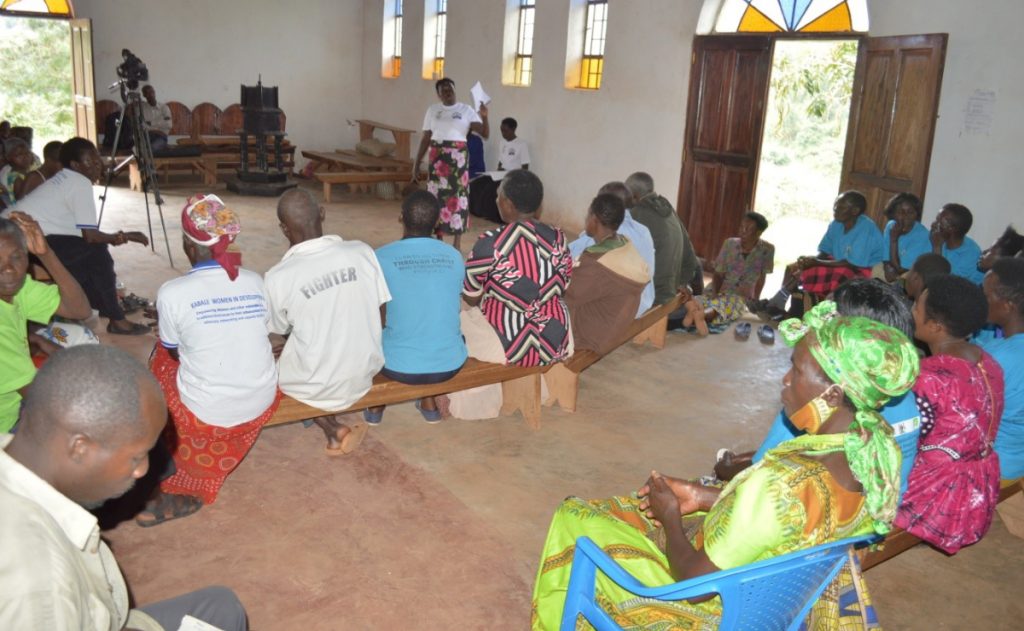
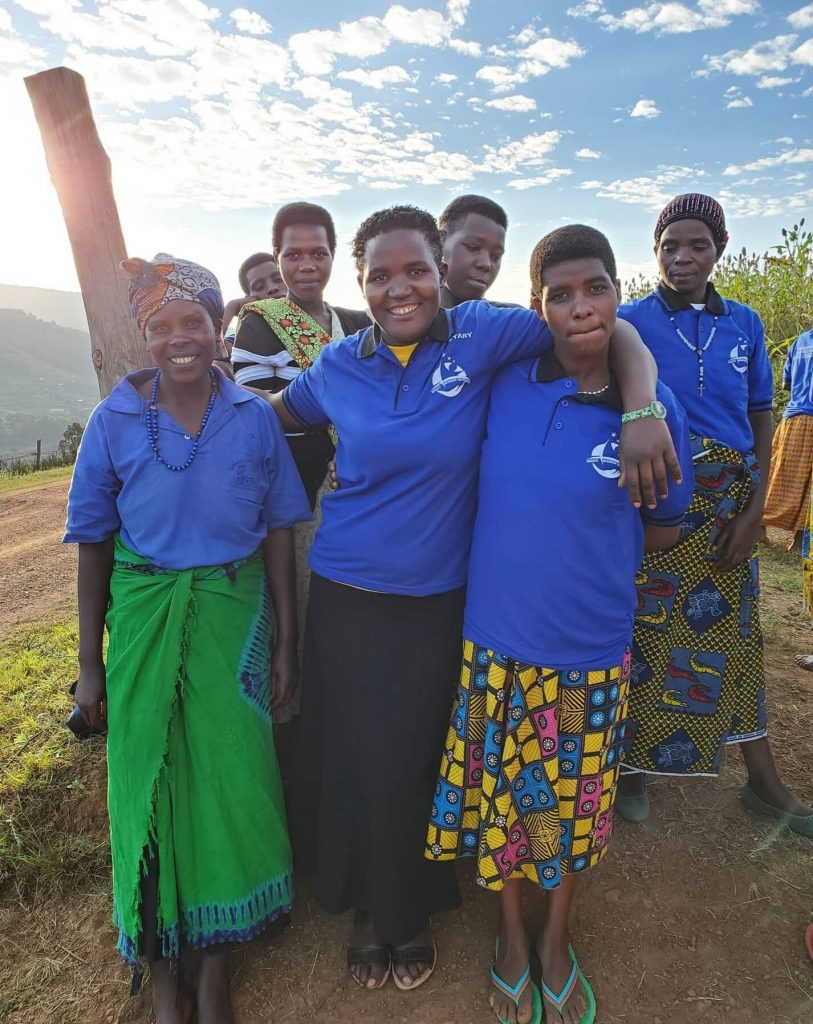
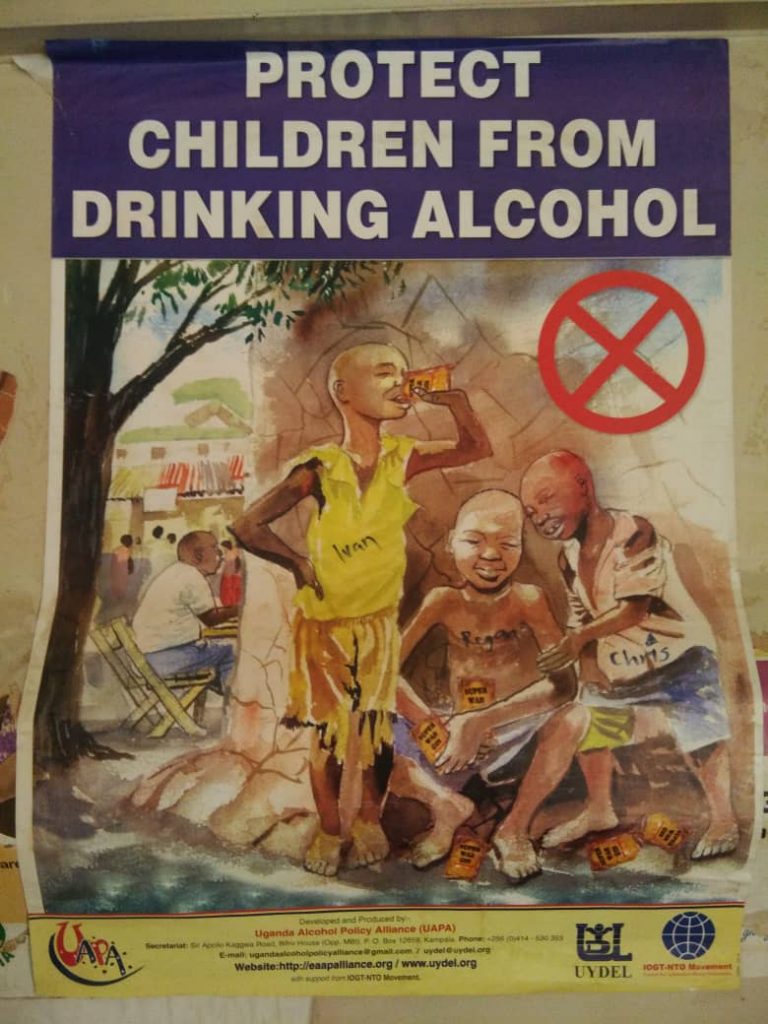
“During the armed conflict that ravaged northern Uganda for two decades, women became the first victims of war. Thousands have experienced violence through kidnapping, rape, sexual slavery, as well as forced marriage and pregnancies. Today, many of them are mothers and heads of families; most are left alone to take care of their homes.
Women who suffer from abuse are at greater risk of a low nutritional status and of developing malnutrition. Hamuko Community Initiative is working closely with communities in northern Uganda to address violence against women by working to increase their independence and self-sufficiency.
Strengthening the Role of Women Northern Uganda has been relatively stable since 2006. After living in displacement camps for many years, most families have now returned to their home villages, where women play a major role in reconstructing their homes, livelihoods, and food and income sources. After two decades living in displacement camps, much has been lost to the communities of northern Uganda, including important agricultural and pastoral understandings of their homeland.
“We’re aiming to reduce violence against women by increasing their economic opportunities and educating their communities. When we help women, we’re also helping to stimulate regional economic development. Women are the key to the future and to restoring regions ravaged by war. To reduce hunger in the 21st Century, we need to put women at the heart of our programs in Uganda and around the worldque.
